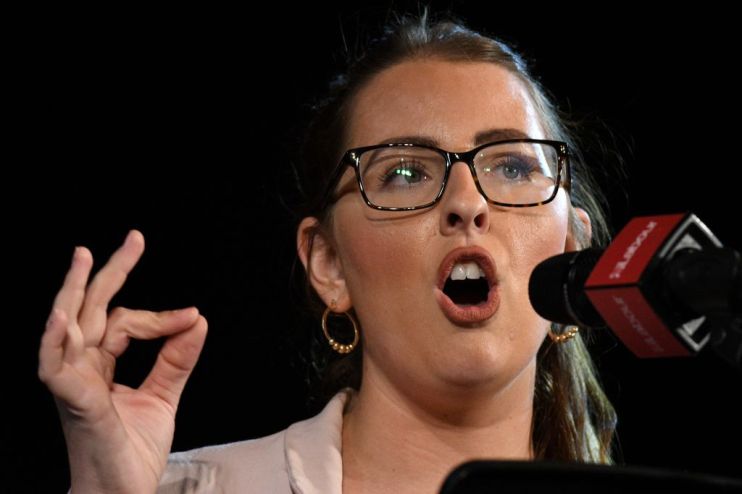General Election 2019: Labour pledges to close gender pay gap by 2030

Labour will today pledge to close the gender pay gap by 2030, as part of its ongoing commitment to women in the workplace.
Shadow employment rights secretary Laura Pidcock and shadow women and equalities secretary Dawn Butler will use Thursday’s Equal Pay Day – the day when women effectively stop getting paid compared to their male counterparts – to highlight Labour’s women-friendly policies.
They include plans to force small and mid-size companies to obtain government certification on gender equality or face further auditing and fines, as well as increasing statutory maternity pay to a full year.
Labour is also seeking to introduce a real living wage of £10 an hour, roll out sectoral collective bargaining to raise the floor on pay across entire sectors and require large employers to introduce a menopause workplace policy.
Next year marks 50 years since the Equal Pay Act, but the mean gender pay gap for full-time work stands at 13.1 per cent. According to the Fawcett Society, at the current rate, it will take another 60 years to close.
Pidcock will say: “For far too long the interests of working women have been at the bottom of the list of priorities for government.
“Labour in government will be uncompromising in tackling the structural barriers that is holding so many women back.”
Butler will add: “It’s not good enough that under the current government’s plans, it will take another 60 years to close the gender pay gap.
“Labour’s real living wage, robust gender pay auditing – including fining organisations that fail to take action, will help us deliver real change and meet this ambitious target.”
But the policies – which have already been attacked by think tanks such as the Institute for Economic Affairs – received renewed criticism.
Dominie Moss, founder of women-focused executive recruitment firm The Return Hub, said: “While it’s good to see some robust policy ideas such as fines and auditing for non-compliant firms, this timeline is completely unrealistic.
“It doesn’t address the cultural and structural problems that undermine female progression in the workplace. Women have to climb so many unseen hurdles throughout their career, that men simply don’t come across.
“A realistic, long term solution needs to review how women are recruited, promoted and retained at mid and senior career points. The system needs a serious shake up, quickly, to get anywhere near this target by 2030.”
Main image: Getty